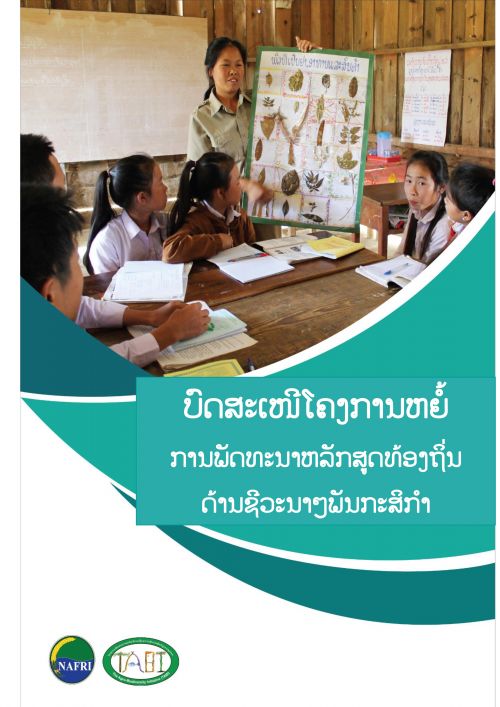
Because of rural local people have enormous volumes of indigenous knowledge that informs about fundamental aspects of day-to-day life and can play a significant role in education by directly interacting with their natural ABD surrounding. Knowledge of local agrobiodiversity resources is traditionally passed on from the older to the younger generation, but this culture and indigenous knowledge is fast disappearing due to the uptake of modern conveniences, and In the context of resource depletion due to unsustainable harvesting of forest products and natural resource destruction by outside actors, sustainable management and restoration of the agro-biodiversity became a local priority.
